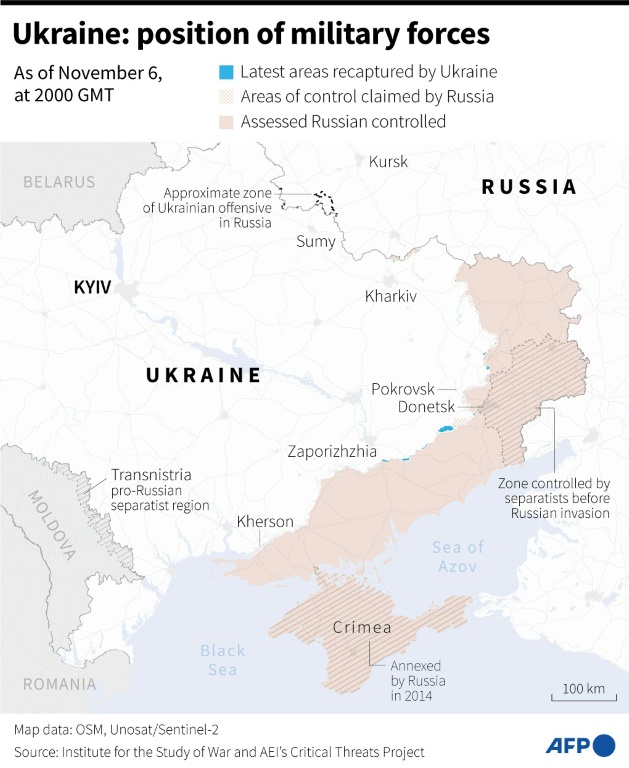A TikTok video posted by the account bggfarm has sparked outrage after depicting a disturbing incident at Pope Grocery Store in Georgia. Following Hurricane Helene, gas was reportedly priced at an outrageous $10 per gallon.
The 34-second clip, filmed by a customer, highlights the confusion and disbelief among those present. The video begins with a customer’s persistent inquiry: “How much a gallon? That’s all I want to hear.”
The tension escalates as another voice, presumably an employee’s, questions the reason for the recording. “Why are you taking a video?” the employee asks. During this brief interaction, a pivotal moment occurs when someone confirms the price: “$10 a gallon? Okay.”
Online Outrage Over Gas Price Gouging
The individuals’ reactions in the video convey a noticeable sense of shock and frustration. This exorbitant price, widely perceived as blatant price gouging, quickly drew the attention of TikTok viewers, many of whom expressed their outrage in the comment section.
One user wrote, “Price gouging during a disaster has to get you an express pass to hell.” Another pointed out, “That’s against the law and at a time like this that’s awful.” A third commenter wrote: “They will get shut down for price gouging. A station where I live got shut down for the same reason.”
In the comments section, a user suggested, “Take a picture of the pump and email it to the GA Department of Agriculture. That’s who I had to deal with in Delaware when Wawa had one price listed on signs but was charging 10c more at the pump.”
“Agree…they will get in trouble once things calm down. This happened in our town over a decade ago after a flood, and all the stations were charged for price gouging,” a different user stated.
Surprisingly, the Pope Grocery Store received some support, with one user noting, “Believe it or not if you could sell for $10 / gallon, trucks would find a way there with it. if you force a low price for a high demand item, you make the shortage worse. unpopular but still true.”
“I have a totally different out look on this. If you charged regular price, you would be out of gas. then no one would have gas, like everyone else. but if you really needed it this place has it,” one user wrote to support the store’s decision to charge $10 for a gallon of gas.
“I don’t get asking how much. is it not displayed on signage? and if they inflating price beyond regulation you should be submitting this to the regulating department,” another user wrote, criticising the TikTok account for posting the video.
Mixed reactions mark the debate in the comment section. Some condemn the store for exploiting vulnerable customers in the aftermath of the hurricane, while others question the claim’s authenticity and demand greater transparency and evidence.
Understanding Price Gouging In Georgia
The state’s Attorney General’s Consumer Protection Division regulates price gouging in Georgia. During declared states of emergency, such as those following natural disasters, businesses are prohibited from inflating prices on essential goods and services, including gasoline, food, and housing.
During declared states of emergency, state personnel and equipment may assist local governments. Additionally, the Governor has the authority to prohibit price increases on items deemed “necessary” for preserving, protecting, or sustaining the life, health, or safety of individuals or their property.
The Governor has the authority to declare an emergency in response to or anticipating natural disasters or national security emergencies. Unless the executive order specifies otherwise, these declarations encompass all counties within the state, limiting the emergency to certain geographic areas.
The Georgia Attorney General’s Consumer Protection Division is empowered to investigate allegations of price gouging. Violators of these regulations face fines ranging from $2,000 to $15,000 per violation.
This isn’t the first instance of price gouging in the US. In August, two US senators initiated an investigation into Kroger’s use of digital price tags called electronic shelving labels (ESLs), expressing concerns that this technology could facilitate “dynamic price gouging.”
The Pope Grocery Store incident highlights the importance of price gouging regulations in Georgia. By understanding these laws, consumers can be aware of their rights and report any instances of price gouging to the appropriate authorities.







